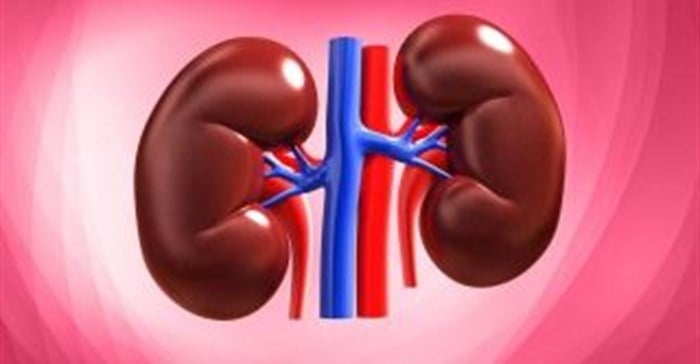
Top stories






More news


Marketing & Media
Ads are coming to AI. Does that really have to be such a bad thing?














A new landmark clinical trial shows that a drug lowers the risk of kidney failure by a third in people with Type 2 diabetes and kidney disease.
“For the first time in 18 years, we have a therapy for patients with Type 2 diabetes and chronic kidney disease that decreases kidney failure,” said Kenneth Mahaffey, professor of medicine at the School of Medicine and co-principal investigator of the trial. “Now, patients with diabetes have a promising option to guard against one of the most severe risks of their condition.”
The trial involved 4,401 participants in 34 countries.
The drug, canagliflozin, improves on a nearly two-decades-old therapy that is currently the only treatment approved to protect kidney function in people with Type 2 diabetes. In the trial, canagliflozin also was found to reduce the risk of major cardiovascular events.
Canagliflozin increases the excretion of glucose through the kidneys. It has already been approved by the Food and Drug Administration to lower blood glucose in patients with Type 2 diabetes and to reduce the risk of major adverse cardiovascular events in patients with Type 2 diabetes and existing heart disease.
Participants in the trial received the best care available for kidney disease under current guidelines, a type of therapy called renin-angiotensin-aldosterone system, or RAAS, blockade. In addition, half were randomly selected to receive canagliflozin, while the other half were given a placebo.
The primary results of the study found that participants who took canagliflozin were 30% less likely than the placebo group to develop kidney failure or die from either renal failure or cardiovascular disease. Their risk of kidney failure or death from kidney failure was reduced by 34%, and the risk of hospitalisation for heart failure or death due to cardiac causes decreased by 31%.
People with diabetes can develop kidney disease because prolonged high blood sugar harms blood vessels in the kidney. In addition, diabetes often causes high blood pressure, which can stretch and weaken blood vessels in the organ.
For the past two decades, physicians have largely relied on RAAS blockade to prevent the deterioration of kidney function in diabetic patients. Although RAAS blockade lowers blood pressure and delays progression of kidney disease, patients undergoing this treatment remain at a high risk for renal failure and cardiovascular disease, as well as death from these conditions.
Given that the number of people with Type 2 diabetes worldwide is estimated to rise by 20 percent to 510 million in 2030, “a drug like canagliflozin that improves both cardiovascular and renal outcomes has been eagerly sought by both patients with Type 2 diabetes and clinicians caring for them,” Mahaffey said.